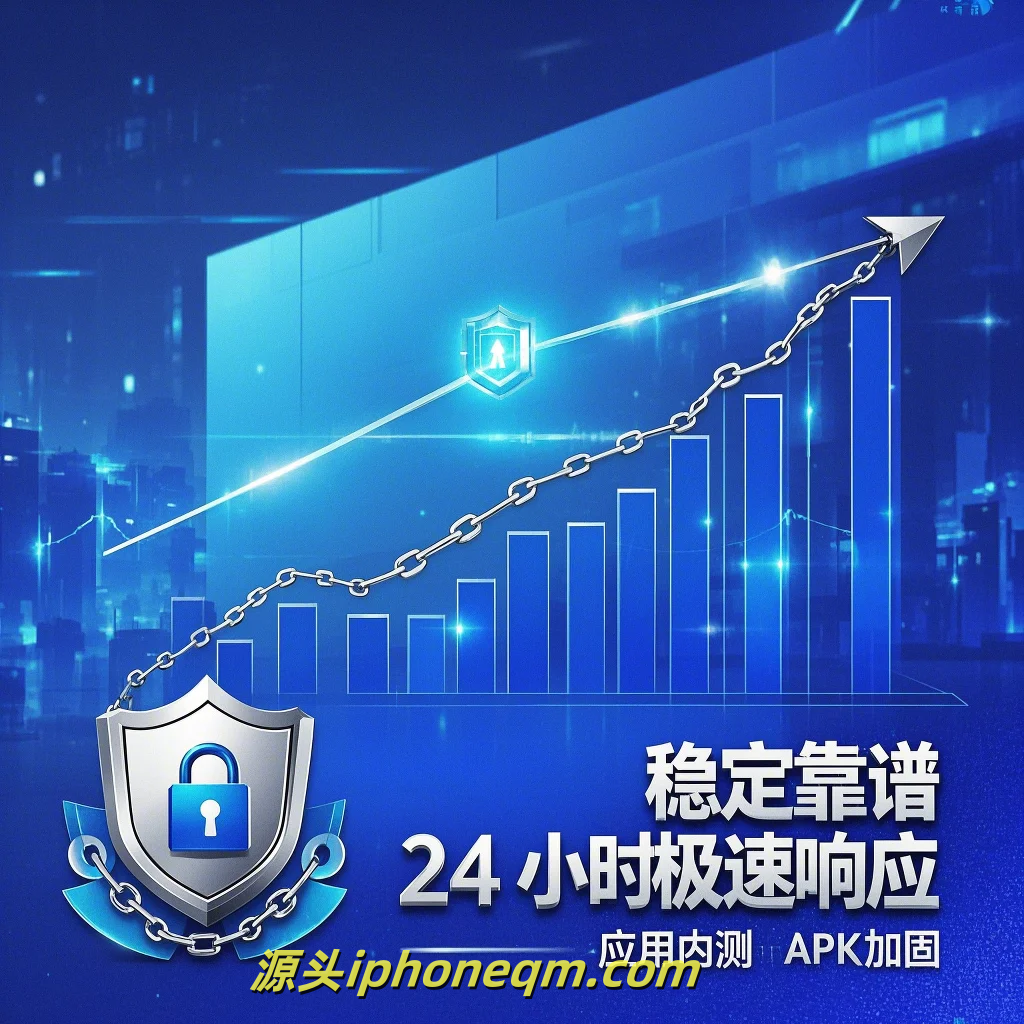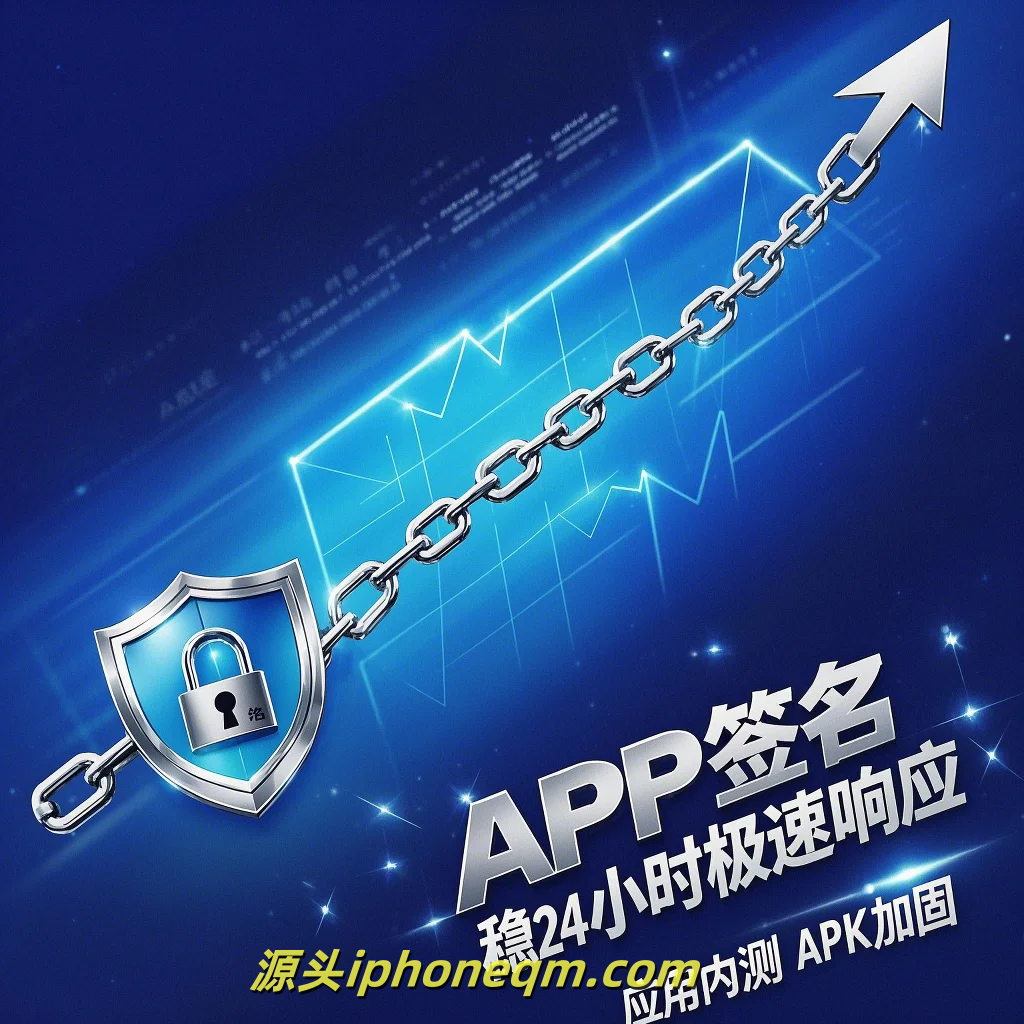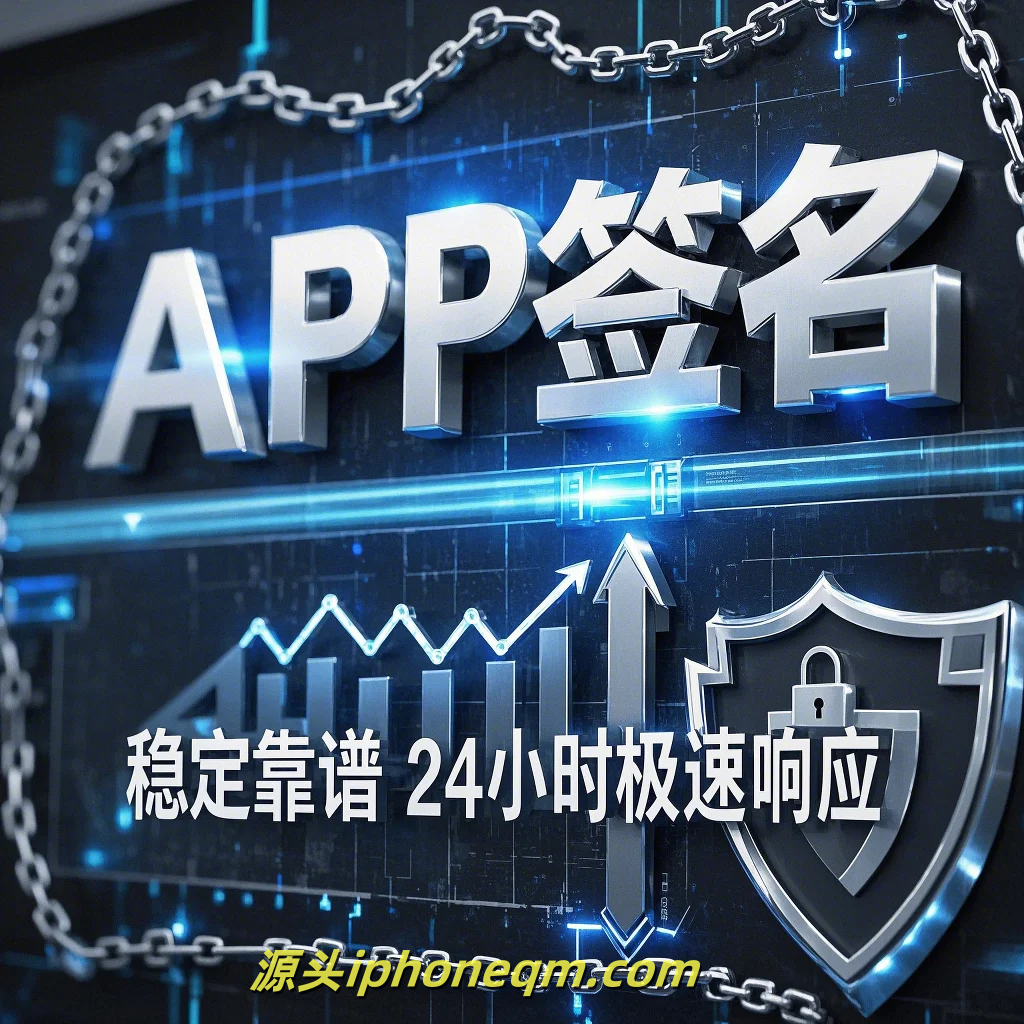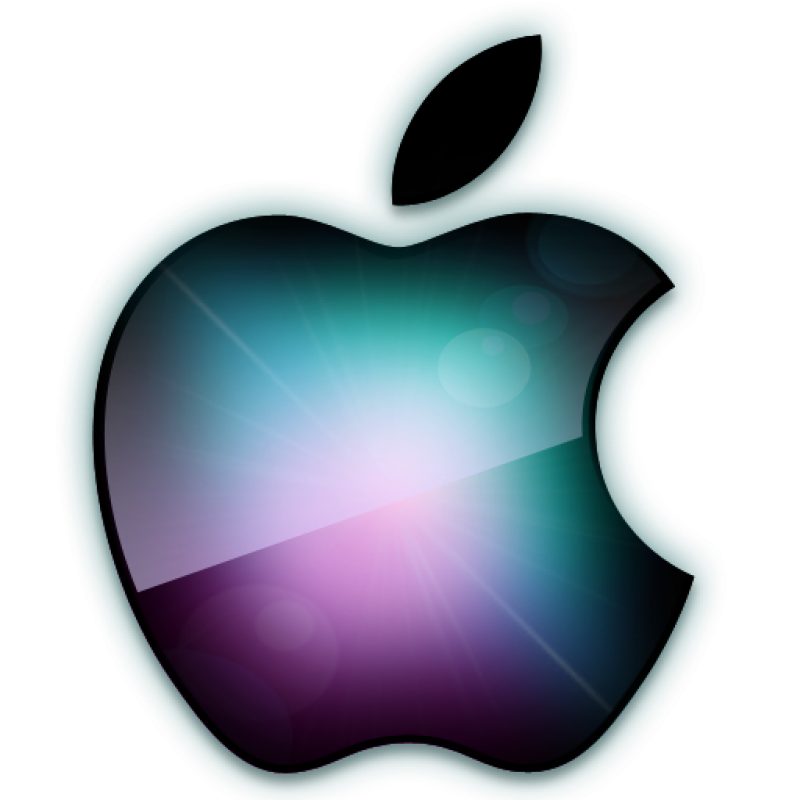Navigating Legal Aspects of iOS Signing Certificates
The rise of mobile applications has transformed how we interact with technology. For iOS developers, one crucial aspect of app development is the management of signing certificates. These certificates not only secure your app but also come with a host of legal implications that every developer should understand.
First, let’s discuss what iOS signing certificates are. These certificates are granted by Apple to verify the identity of the developer and ensure that the app has not been tampered with. They serve as a digital signature that verifies the app's integrity and authenticity. However, the responsibility that comes with obtaining a signing certificate is significant.
In navigating the legal landscape surrounding iOS signing certificates, one key consideration is compliance with Apple’s Developer Program License Agreement. Developers must adhere to the terms set forth in this agreement to avoid any legal repercussions. For example, the agreement typically prohibits the sharing of signing certificates and associated private keys. Sharing these can lead to unauthorized access and fraudulent app distribution, which can result in your app being removed from the App Store and potential legal action from Apple.
Moreover, developers should also be aware of user data protection laws. With the increasing focus on user privacy, regulations such as the General Data Protection Regulation (GDPR) and the California Consumer Privacy Act (CCPA) necessitate that developers prioritize user data security. The signing certificate plays a role here as it helps ensure secure communication between the app and the server hosting user data. Failing to comply with these regulations can not only damage your reputation but also result in hefty fines.
Intellectual property is another legal aspect to consider. When you develop an app, you need to ensure that it does not infringe upon another developer’s copyrights or trademarks. Using a signing certificate doesn’t protect you from intellectual property lawsuits; it’s essential to conduct thorough research and possibly seek legal advice to avoid conflicts. If you inadvertently use someone else’s proprietary code or assets, you might find yourself facing legal challenges that could jeopardize your app and business.

Additionally, there are implications tied to the distribution of your app. Once your app is signed and ready for distribution, the rules governing app stores must be followed closely. Many app stores have specific requirements related to how apps are signed and what types of content are permissible. Make sure to read and understand the policies of the App Store or any other platforms where you intend to distribute your app. Non-compliance can lead to rejection from the app store, which can be both frustrating and financially detrimental.
Lastly, keep in mind the importance of proper documentation and security of your signing certificates. Losing access to your certificates or having them compromised can be disastrous. It's vital to store them securely, use strong passwords, and implement two-factor authentication whenever possible.
In summary, managing iOS signing certificates goes beyond the technical aspects; it also requires a thorough understanding of the legal landscape. By complying with Apple's agreements, respecting user privacy laws, safeguarding intellectual property, following distribution guidelines, and securing your certificates, you can navigate these legal challenges effectively. As the app development environment continues to evolve, staying informed about legal changes and best practices will be pivotal to your success as a developer in the iOS ecosystem.
扫描二维码推送至手机访问。
版权声明:本文由MDM苹果签名,IPA签名,苹果企业签名,苹果超级签,ios企业签名,iphoneqm.com发布,如需转载请注明出处。












